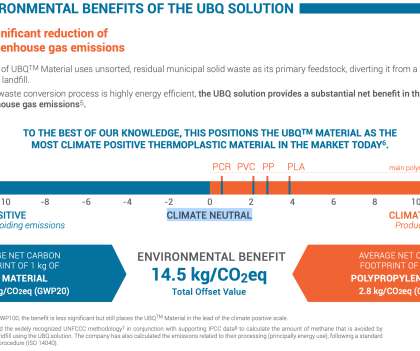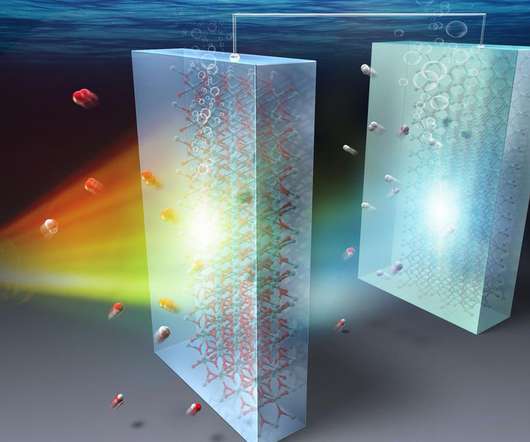Weizmann Institute team engineers E. coli to eat carbon dioxide
Green Car Congress
NOVEMBER 29, 2019
Researchers at the Weizmann Institute of Science in Rehovot, Israel have created a strain of the bacterium Escherichia coli that grows by consuming carbon dioxide instead of sugars or other organic molecules. The findings point to means of developing, in the future, carbon-neutral fuels. Ron Milo of the Weizmann Institute.
























Let's personalize your content